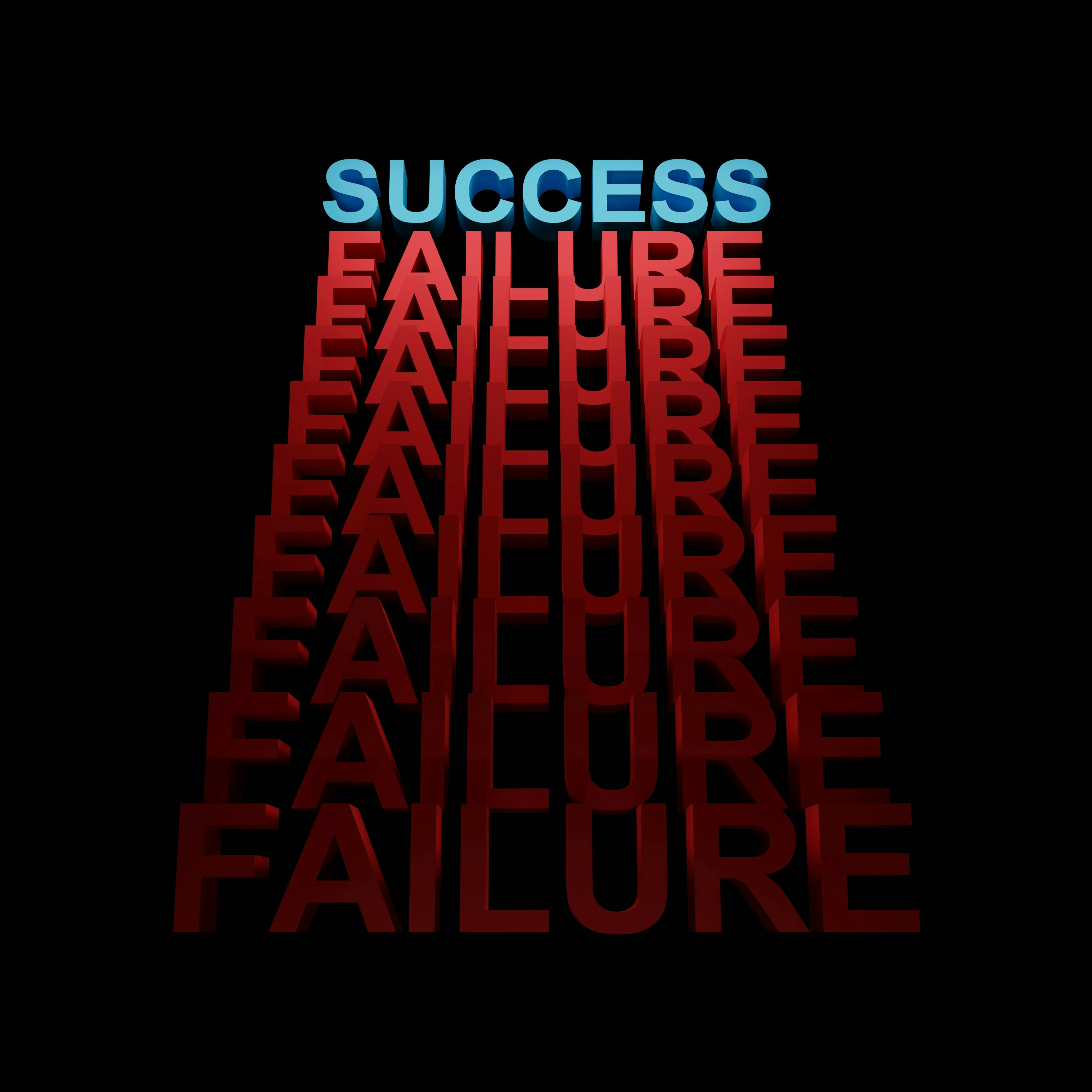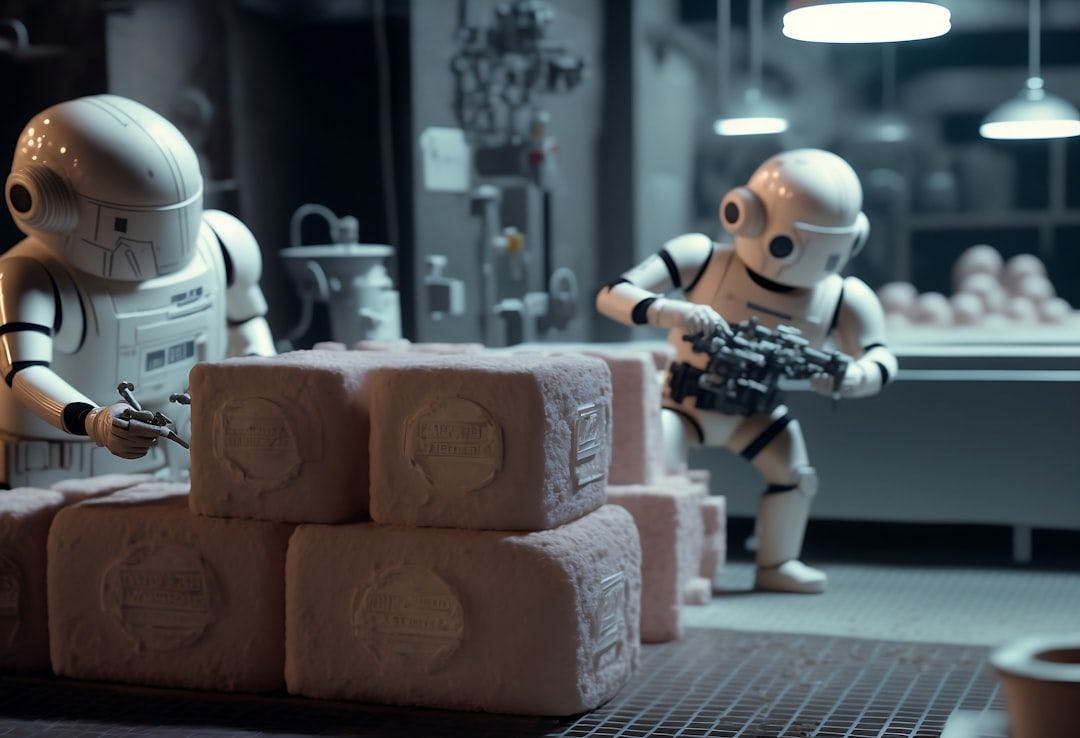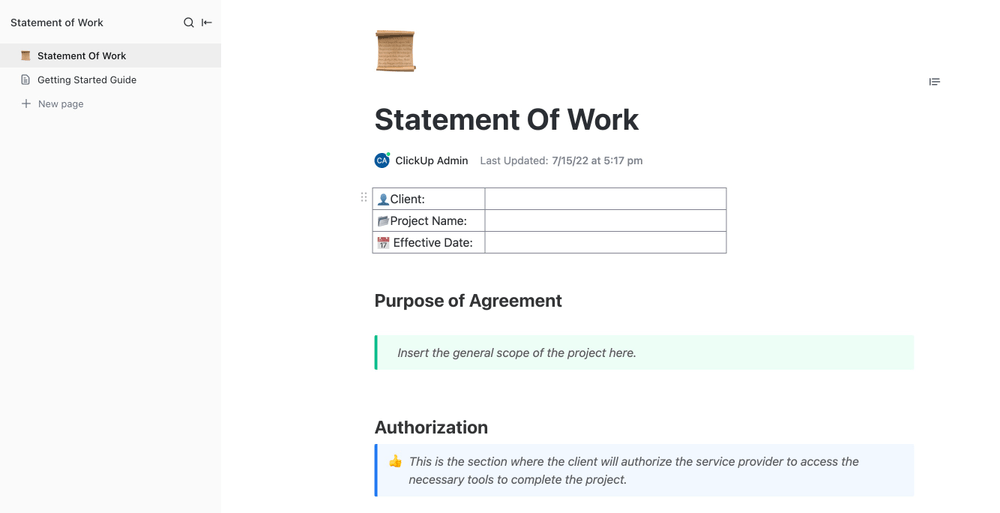Over the last 2 years, I have been intentionally working on small goals by writing them down and breaking them down into even smaller chunks. It’s something I have done daily with the help of my family and others for accountability. I have wanted to share what I learned about goal setting because making goals and working on them have been so personally successful. For that reason, this month I held three, free, one hour long workshops in real life at local libraries to help people with their goals. I chose the locations because the libraries would let me use their meeting rooms for free and also because the different libraries were in different parts of the city.
I was hoping that people from all walks of life might be able to attend. I posted about the workshops for free on Eventbrite. Several people showed interest in the workshops and they signed up. When the date for the first workshop rolled around, there was severe weather and snow. I had to cancel the event for everyone’s safety. The other two events were not cancelled, but no one came. It was a total bust. Yes, it was a failure, but in the failure was something valuable. I learned many things from my attempt to hold events in the winter, but here are some things I learned specifically about failure and goal setting. I want to share them here.
Goal setting involves failure. Failure is an integral part of goal setting. Without the potential failure of not meeting a goal, there cannot be success. When I started goal setting more seriously, I arbitrarily chose some activities. It could have been anything, like reading 10 pages a day or choosing a recipe to learn to make nutritious dishes. In the starting of the goal and then the attempt to pursue it, I learned what worked for me and if I truly wanted to do that. Did I give up on the goal? Was that really something I wanted to work on? Was I ready to begin facing something that was too big for me?
Starting is the hardest part.
Starting means that you can fail.
Can you allow yourself the potential for failure? Or would that hurt too much?
Will you show up? Not for me, for you.
There is a different type of pain when you fail a personal goal. It’s a pain that affects the ego, that affects who you are. It can affect your confidence. So some goals might not be the ones to start with because failing them might hurt too bad. Starting with small goals that don’t feel so personal might be best until you can show consistency in showing up for yourself.
Self compassion is key
One time many years ago, I met a down-and-out someone in my circle who I thought needed a friend, but as I tried to be the encouraging friend that I thought they needed, they became angry at me and found fault with me. I realized something. They did not actually need me. I could have been anyone saying positive things. What this person actually needed was their own voice to be kinder when talking to themselves. When I was trying to be encouraging, it actually was the exact opposite of how they felt about themselves and that was what caused their anger at me.
Self-compassion involves treating yourself as you might treat a valuable friend. Can you say something nice to yourself today? Having self-compassion is a public service. When you are self-compassionate, your self criticism and anger at yourself does not spill over into how you treat others. No external voice can take the place of feeling good about yourself inside. Good news: You can develop the feelings of positive self-regard through following through for yourself everyday in small ways – through goals.
Non-attachment to an outcome is the success
Having no one come to the classes felt like a failure for me because I wanted to help people. But I have to realize that if a person wants help, they have to show up. All I can do is show up and offer. Showing up for this class I was having at the library might have required someone to be pretty humble, face a personal fear, and consider the possibility of failure. That is huge. The universe may favor the brave, but you do have to be brave.
Consider non-attachment. Do the work for the sake of the work itself and not for the rewards it brings as it says in the Bhagavad Gita. Allow yourself the possibility of failure but not being attached to the goal but rather being attached to all the aspects and steps it takes to complete the vision. In the game Operation, if you are removing a funny bone and you have to be careful to remove the item so gingerly without touching the metal sides of the box. In order to do this well, you have to be mindful of how the forceps move in your fingers, not worry about whether the patient will die. Another idea: You have to become a person that could be promotable, you are not in control of whether or not you ever get the promotion. Focus on you, not the outcome.
Time moves like Pete Maravich
Time is short and quick and will trip you up, like Pete Maravich. What’s more, Time defies assumptions. Don’t assume you have more than you do. If you are scared to start on a personal improvement because it is scary, don’t forget that you won’t get there until you start. It does not matter how old you are. Start somewhere even if you aren’t sure. The universe will conspire to help you if you want something badly enough and show the effort.
Though the experience of making free goal setting workshops was a failure in that no one actually came, I learned so much from the experience. It became clear to me that my personal goal journey had been so helpful to me and gave me incredible introspection even though I regularly fail when I put myself out there. Failure definitely taught me more than success. Failure was more of a friend to me in that respect than any inert bowling trophy.
What goal will you start today?









